Study: annual climate impact of wild pigs could be greater than 1.1M cars
Green Car Congress
JULY 20, 2021
By uprooting carbon trapped in soil, wild pigs (feral swine), are releasing around 4.9 million metric tonnes of carbon dioxide annually across the globe, the equivalent of 1.1 When soils are disturbed from humans ploughing a field or, in this case, from wild animals uprooting, carbon is released into the atmosphere.


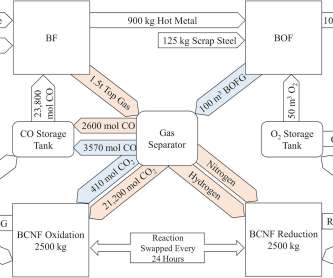
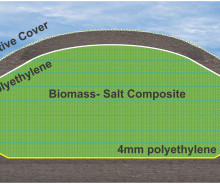

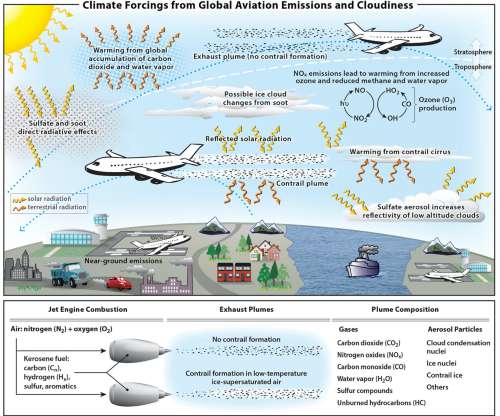
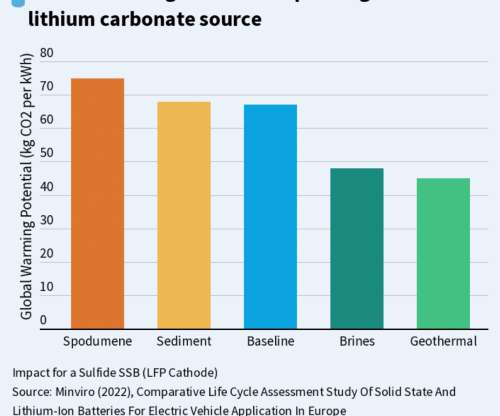















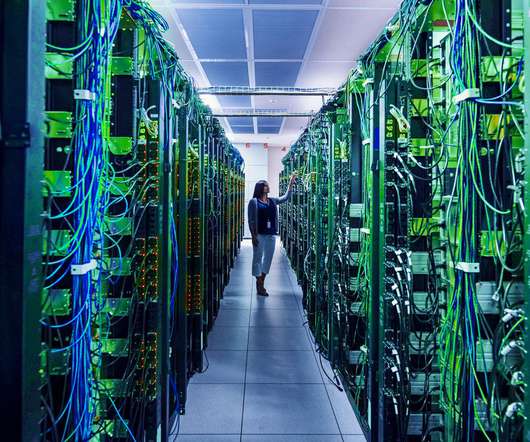
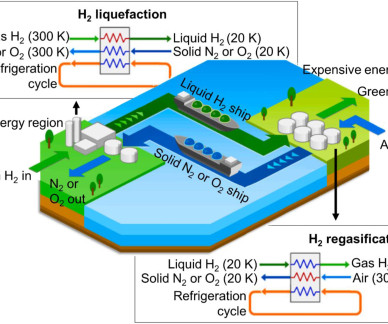
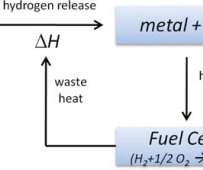


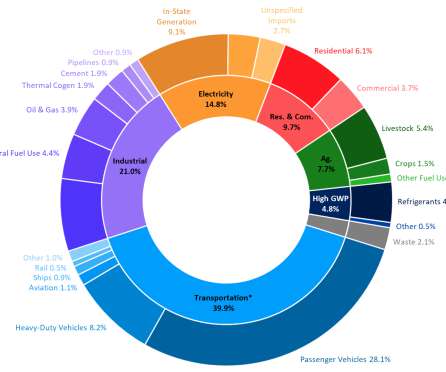



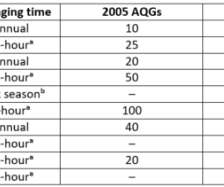
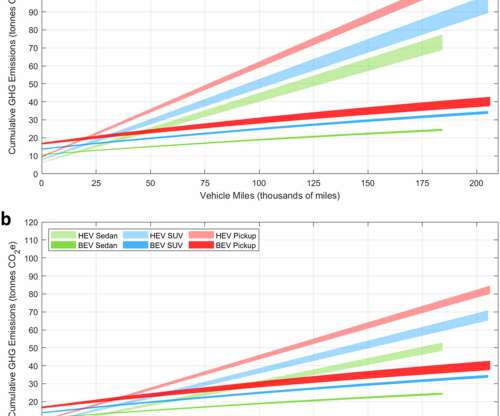












Let's personalize your content